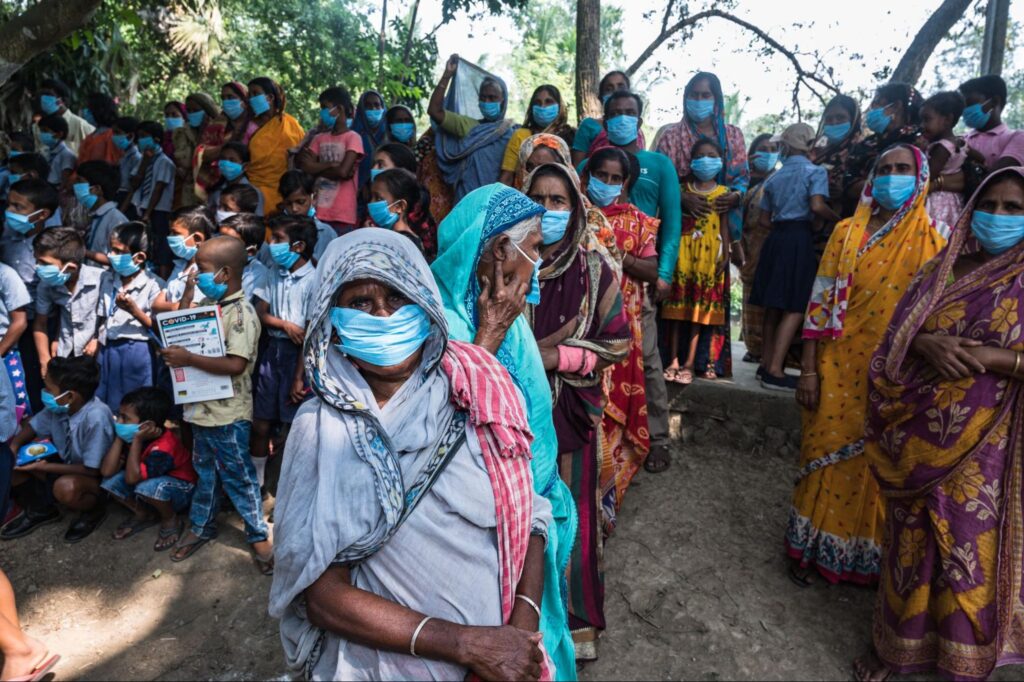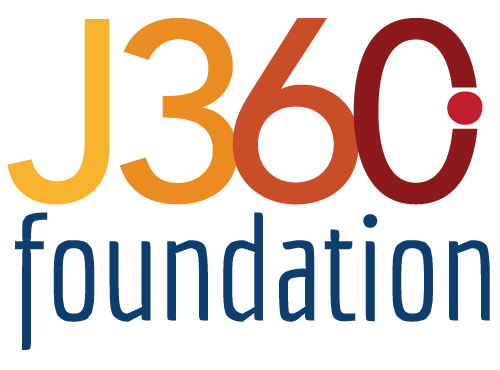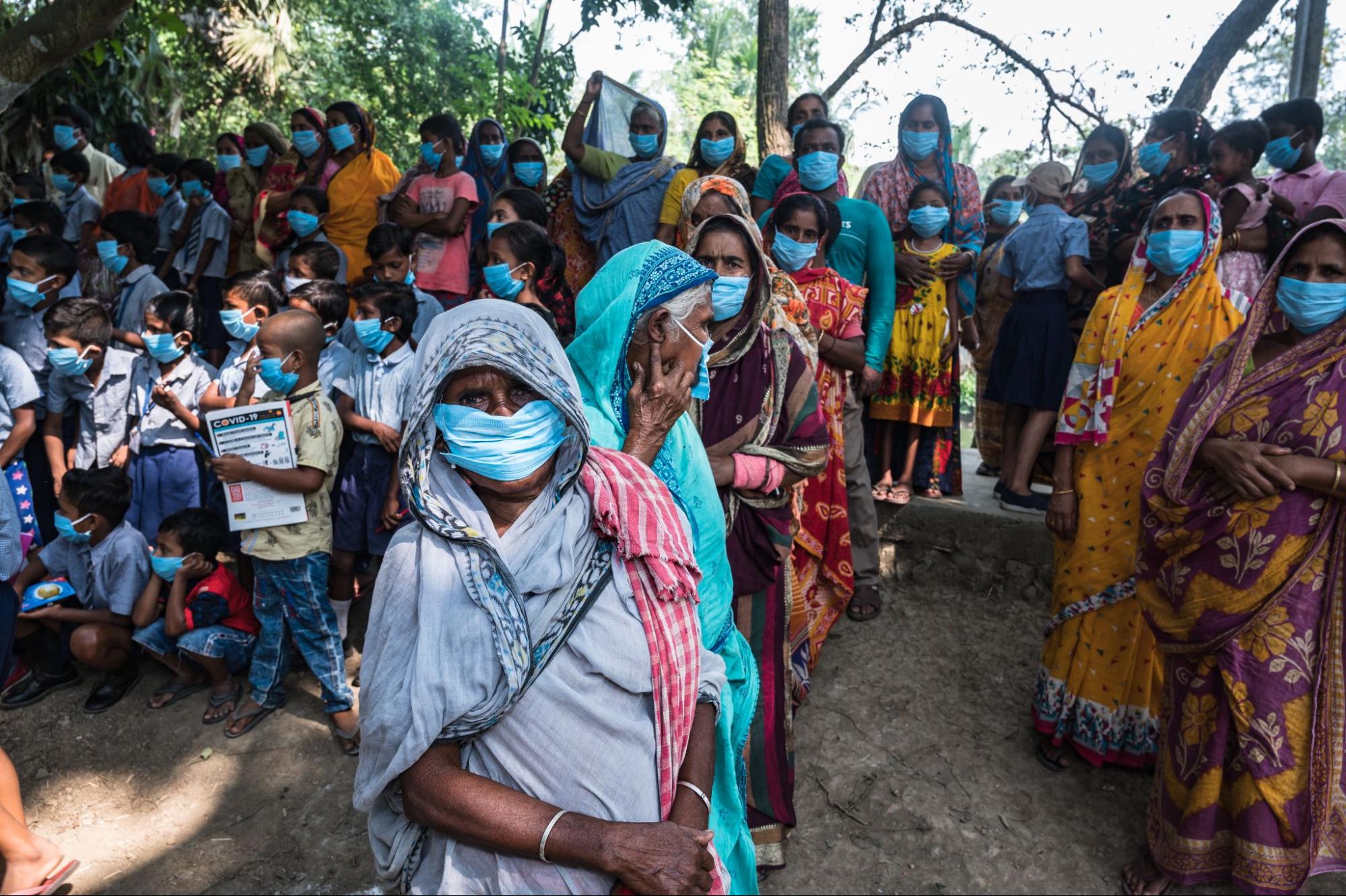Healthcare Shortages Plague Rural India

A plaguing concern in rural India is providing affordable health care solutions in remote areas. Poverty ridden rural communities grapple with issues like malnutrition, illiteracy and the lack of awareness of health related issues. These factors lead to premature deliveries, physical and mental disabilities, vulnerability to diseases and illnesses, non-adherence to basic hygiene standards.
According to the Rural Health Statistics 2021-2022 released last week, there is a shortage of more than 70% doctors and trained healthcare workers in remote and tribal areas thereby burdening existing facilities (3.2 beds per 10,000 patients); increasing costs, frequency of errors, and ineffective follow up care. A recent study on the social return on investment shows every dollar invested in rural healthcare, returns $36 dollars in social returns including increase in productivity, informed decision making, empowered women for their healthcare, reduction in malnutrition and preventable diseases and reduced healthcare costs.
Many of our partner organizations at Jupiter 360 support healthcare in rural India. From health education and disease prevention to early intervention programs, hospitals, disabled care, telemedicine; these hardworking organizations are innovating and building programs that address the local needs, with organic on the ground solutions.
Healthcare Solutions
Facilitating Healthcare: Shrimad Rajchandraji Love & Care
The most prolific in the healthcare arena is Shrimad Rajchandra Love and Care (SRLC). With support from corporate funders and foundations, they have established several high quality healthcare facilities rarely seen in rural areas.
- Multispecialty Hospitals
- Neonatal Intensive Care Unit (NICU)
- Early Intervention Centre
- Center dedicated to the physically challenged
- Medical Camps
- Health Education and Awareness Lessons
- Outreach centers
Mobilizing Healthcare: Ekal Vidyalaya Foundation USA
Since 1986, Ekal has focused on education, starting and operating 80,000 schools and serving 3 million children in rural areas. In recent years, in order to provide holistic community development, Ekal has introduced preventative healthcare and Telemedicine-Enhanced Arogya or Healthcare (TEA) with medically equipped vans, top-level care; it also teaches how to prevent non-communicable diseases and promote wellness for long-term, lasting impact. The care provided includes:
- Health & Hygiene
- Anemia prevention
- Telemedicine
- Reproductive Health
- Vaccination
- Disease Prevention
- Nutrition
- Mobile Eye Clinics
While One Billion Literates Foundation (OBLF) started as an education based organization, they quickly realized that providing education alone would not be enough to help break the cycle of poverty. Applying the concept of literacy to encompass the community meant including adult education, women’s empowerment, and public health.
OBLF’s public health initiatives ensure equitable and sustained primary healthcare access for highly marginalized rural communities and reduce non-communicable diseases in vulnerable communities via preventive, curative and palliative healthcare services by;
- Demographic Mapping
- Early Screenings
- Mobile Health Clinics
- Skilling and Employing Frontline Health-workers
- Health Education
Although the healthcare system in India is unable to provide healthcare for everyone, nonprofit organizations are working to help close the gap. These organizations cannot provide healthcare to the underserved population without its supporters, people like you. Email us to know more: info@J360foundation.org

